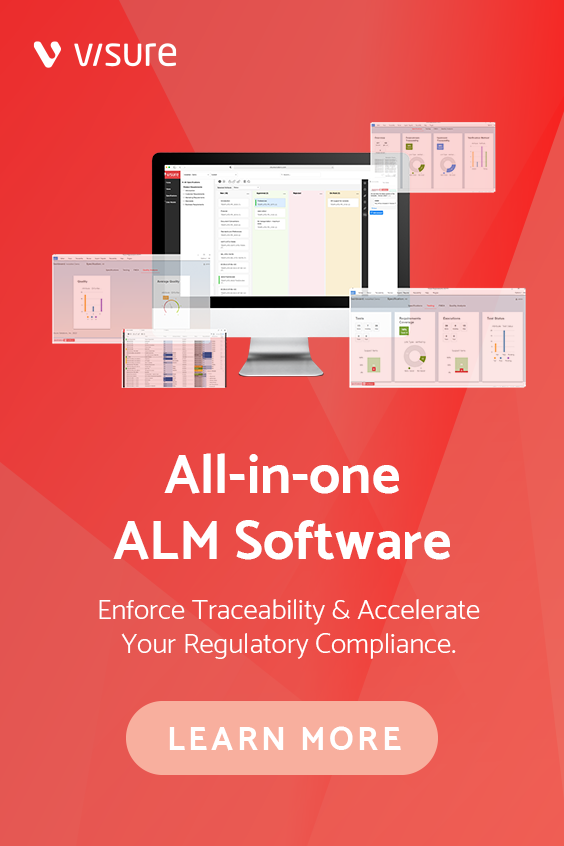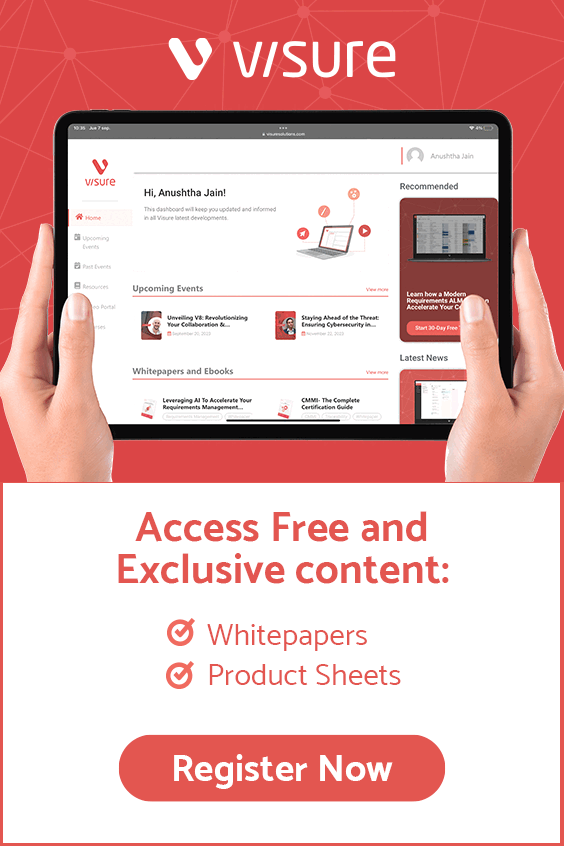Journée Française de l’Ingénierie des Exigences
On November 5th, the 7th edition of the French Days of Requirements Engineering was held and attended by professionals from many different sectors to discuss their practices. This just goes to show that no field is understand requirements management issues.
Some attendees came from in vitro diagnostics, while others hailed from automotive industry or even research fields and publishing houses focused on application life cycle management solutions (ALM). All these differing perspectives meant that a wealth of knowledge was shared about the problems related to their respective professions as well as what solutions have been put into place address them successfully. A key take away for all those present was they noted how important it is to have a structured and organized approach when deal with requirements engineering issues .
The presenters described their definition of requirement models, the standardization of traceability matrices and tools required for operational support.
Automotive industry leaders have touted the advantages of using Modeling Requirements (MBSE) to manage complex embedded systems.
Micael Martins, our Regional Sales Director at Visure Solutions, represented a whitepaper thoroughly explaining why and how to analyze the quality of the requirements using semantic analysis.
Publishers of ALM solutions have emphasized the importance of concentrating on quality criteria (such as clear, simple, and free of ambiguity) in order to complete successful projects. They went on to explain how their requirement quality analysis tool helps them achieve this goal.
In a chaotic environment with an unclear perimeter, other teams have attempted to formalize requirements using the visual representation of application paths. Although their test is successful, it isn’t transferrable to domains with a huge number of demands.
The importance of APIs (Application Programming Interface) in both our personal and professional lives was discussed. It is essential that we understand the requirements for APIs so that we can provide the best possible solution to identified needs.
The contribution of user-centered approaches (UX) to elicit a need, in line with the user’s issues and which adds value to businesses, was demonstrated in another presentation.
To summarize, this day was dedicated to the fundamentals of requirements engineering and their primary importance in project success. Perhaps it’s due to the complexity of the situations, but it’s worth noting that software solutions for maintaining and developing requirements databases were a significant concern during this day.


